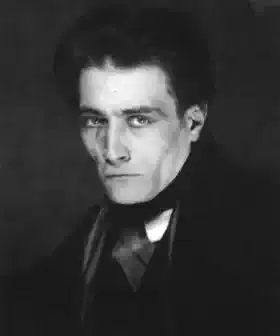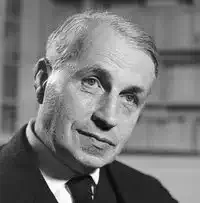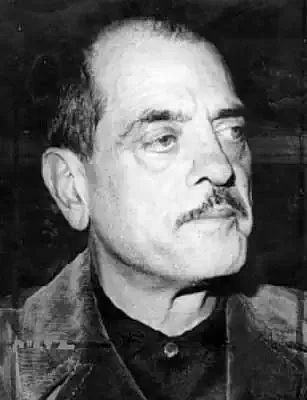Surrealism - Época: 1924 0
Surrealism was a cultural movement which developed in Europe in the aftermath of World War I and was largely influenced by Dada. The movement is best known for its visual artworks and writings and the juxtaposition of distant realities to activate the unconscious mind through the imagery. Artists painted unnerving, illogical scenes, sometimes with photographic precision, creating strange creatures from everyday objects, and developing painting techniques that allowed the unconscious to express itself. Its aim was, according to leader André Breton, to "resolve the previously contradictory conditions of dream and reality into an absolute reality, a super-reality", or surreality.
Works of Surrealism feature the element of surprise, unexpected juxtapositions and non sequitur. However, many Surrealist artists and writers regard their work as an expression of the philosophical movement first and foremost (for instance, of the "pure psychic automatism" Breton speaks of in the first Surrealist Manifesto), with the works themselves being secondary, i.e. artifacts of surrealist experimentation.[6] Leader Breton was explicit in his assertion that Surrealism was, above all, a revolutionary movement. At the time, the movement was associated with political causes such as communism and anarchism.
The term "Surrealism" is said to have been coined by Guillaume Apollinaire as early as 1917. However, the Surrealist movement was not officially established until October 15, 1924, when the French poet and critic André Breton published the Surrealist Manifesto in Paris. The most important center of the movement was Paris, France. From the 1920s onward, the movement spread around the globe, impacting the visual arts, literature, film, and music of many countries and languages, as well as political thought and practice, philosophy, and social theory.
Works of Surrealism feature the element of surprise, unexpected juxtapositions and non sequitur. However, many Surrealist artists and writers regard their work as an expression of the philosophical movement first and foremost (for instance, of the "pure psychic automatism" Breton speaks of in the first Surrealist Manifesto), with the works themselves being secondary, i.e. artifacts of surrealist experimentation.[6] Leader Breton was explicit in his assertion that Surrealism was, above all, a revolutionary movement. At the time, the movement was associated with political causes such as communism and anarchism.
The term "Surrealism" is said to have been coined by Guillaume Apollinaire as early as 1917. However, the Surrealist movement was not officially established until October 15, 1924, when the French poet and critic André Breton published the Surrealist Manifesto in Paris. The most important center of the movement was Paris, France. From the 1920s onward, the movement spread around the globe, impacting the visual arts, literature, film, and music of many countries and languages, as well as political thought and practice, philosophy, and social theory.
 Escritas.org
Escritas.org












